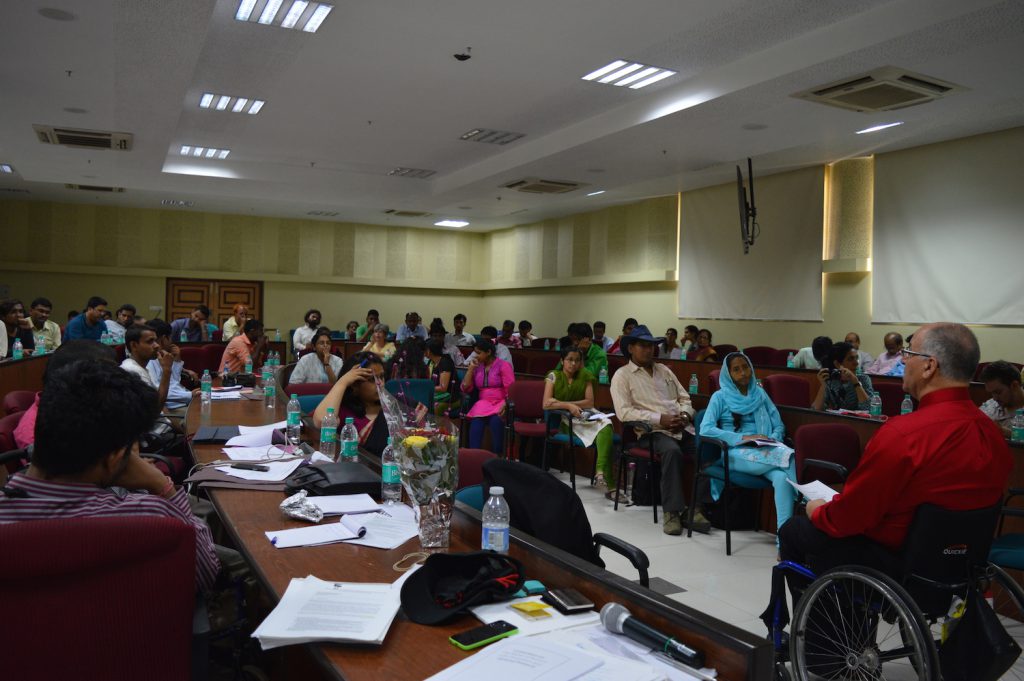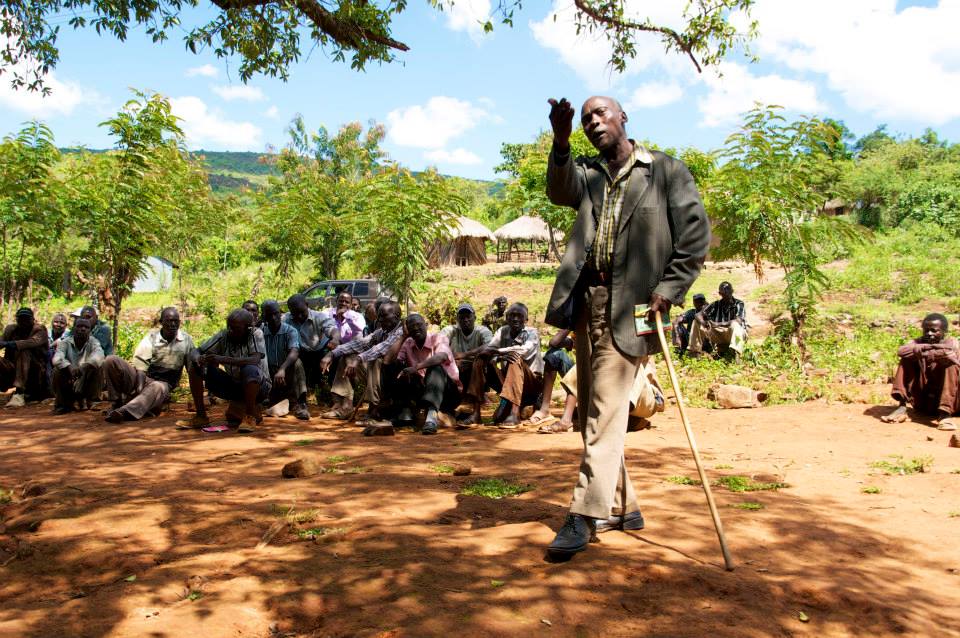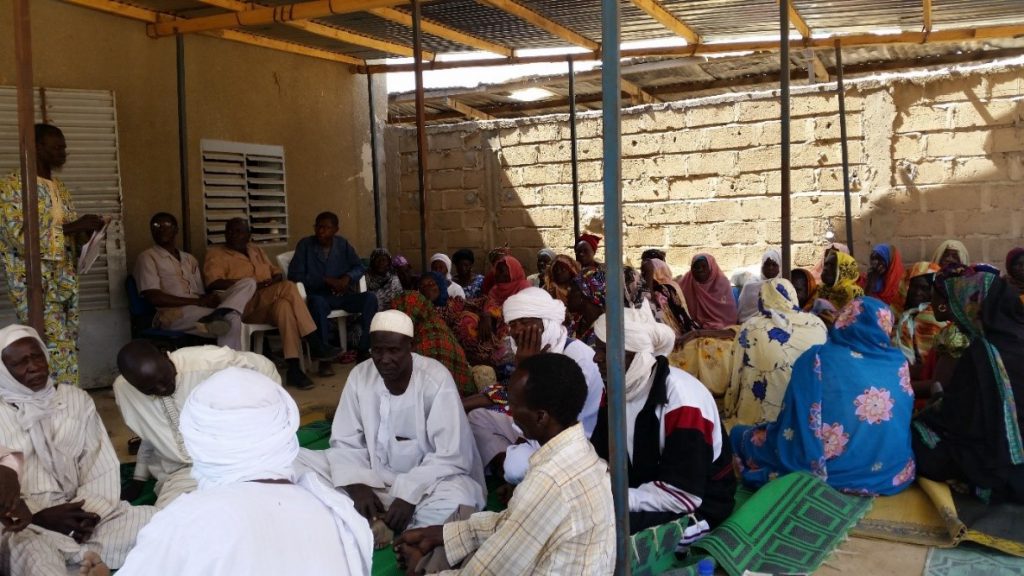
For over two years the International Senior Lawyers Project (ISLP), with the support of the Bertha Foundation, has been providing free legal assistance to the Be Just Network. The openness to working together, building on the foundation of solidarity within the Be Just Network, has enabled ISLP’s network of legal experts to help Be Just Network members to take new and creative steps forward in the fight for economic and social justice.
In my role as key contact between ISLP and members of the Be Just Network, I have seen three key themes emerge which I share to give a flavour of joint achievements, demonstrate the fruitfulness of connectivity and identify ways in which ISLP can be a valuable partner going forward for the Bertha network and other public interest groups around the world.
1. Explore local, national and international strategies to achieve justice
ISLP has been impressed by the courageous and thoughtful action taken by members of the Be Just Network to fight injustice. Tackling the cause of much injustice often requires the interplay of local, national and international responses. Sharing knowledge across all of those three levels can unlock better solutions.
Understanding the priorities of individuals and communities directly affected by injustice and standing alongside them are usually the first steps to justice. ISLP‘s direct assistance to communities has included working with EarthRights International (ERI) and communities in Myanmar threatened by the actions of corporations, negotiating community benefits, interacting with investors and authorities, and delivering negotiation strategy workshops. Sometimes there are local lawyers representing local communities who need additional support; for example, ISLP worked with ERI to build the capacity and develop the strategies of Vietnamese lawyers working on their environmental pollution test case.

Sometimes a piece of advice on national law is needed but it can be hard to identify lawyers who are willing to give the advice. Utilising ISLP’s wide network, we have found lawyers willing to give their time for free, even in difficult locations, such as the Democratic Republic of the Congo where we helped the European Center for Constitutional and Human Rights (ECCHR) get the advice they needed to challenge serious alleged transnational human rights violations by foreign business interests.
Indeed transnational litigation can often be the most effective where local justice systems are compromised or where pursuing a foreign wrongdoer in their home jurisdiction may be more likely to change behaviour. But choosing the right jurisdiction can raise difficult legal issues. Multi-jurisdictional comparative research work can help: in one project ISLP engaged teams of researchers across ten national jurisdictions and produced detailed reports on the risks and opportunities of strategic transnational litigation in European courts. ISLP has identified experts with specialist knowledge of international law to supplement the expertise of the Be Just Network such as international disability rights for the Human Rights Law Network (HRLN) or international child rights for the Equal Education Law Centre (EELC). ISLP can also provide other independent support on important cases: for example, ISLP provided an independent trial observer at the Chadian trial of Hissène Habré’s security agents to help ensure compliance with international criminal justice standards.

2. Being an effective protagonist for business and human rights requires business knowledge
You can’t do business and human rights work effectively without a detailed knowledge of how the business world operates. Access to a wide range of legal specialisms, such as corporate, environmental, health, land, and energy law, all come into play but are not always skills within the NGO community. ISLP has access to a depth of expertise in many of these areas. For example, ISLP engaged South African volunteer lawyers to write five research papers to support the development by the Legal Resources Centre of good practice in the artisanal and small scale mining sector in South Africa, including issues of regulation, land rights and co-operation with large scale mining operations.
3. As civil society organisations face many common challenges around the world, collaboration can deliver quicker, more creative solutions
Working with the Be Just Network and with other partners has given ISLP a good overview of some of the issues civil society organisations (CSOs) face. In many parts of the world we see increasing use of measures that restrict the ability of civil society to operate, which include legal restrictions, such as on overseas funding and limitations on activities or freedom of expression. There is a shrinking space for the kinds of activists, storytellers and lawyers that the Bertha Foundation supports.
This type of civil society space work is an important area of focus for ISLP going forward. Increasingly, CSOs are engaging in long-term investigative journalism, investigating and exposing human rights abuses, environmental degradation, and corporate and government corruption, fraud and waste. This can obviously expose CSOs to significant legal risks. ISLP experts can offer briefing on laws of libel, insult, privacy, extremism, national security, censorship, confidential sources, etc. and practical measures that can be taken to reduce the risk of legal liability in gathering and disseminating news and information. We help CSOs to make strong statements while understanding and managing the legal risks of doing so; our help to ECCHR typifies this. We produced a practical guide on international defamation issues and specific defamation law opinions on two national jurisdictions; gave advice on European freedom of information requests; did an expert pre-publication review of report on business and human rights issues; and delivered two interactive workshops on international and national media law issues tailored to their work.
Next steps across boundaries
Building transnational collaborations that have a real impact is not always easy. It requires investment and understanding. However, these three themes demonstrate the tangible benefits of leveraging pro bono legal expertise for the public interest sector and building wide co-operations with trusted partners. ISLP is focusing its efforts going forward on areas of law where its expert resource can add most value such as building transparency and space for civil society and promoting accountability in development. We hope there will be many more opportunities for collaboration between the ISLP and members of the Be Just Network – and beyond – to come.
 James Reynolds, Former Bertha Human Rights Fellow at ISLP-UK
James Reynolds, Former Bertha Human Rights Fellow at ISLP-UK
Article Tags: civil society space / Cross-Jurisdiction / Human Rights / human rights lawyers / International Human Rights / International Senior Lawyers Project / pro bono legal expertise